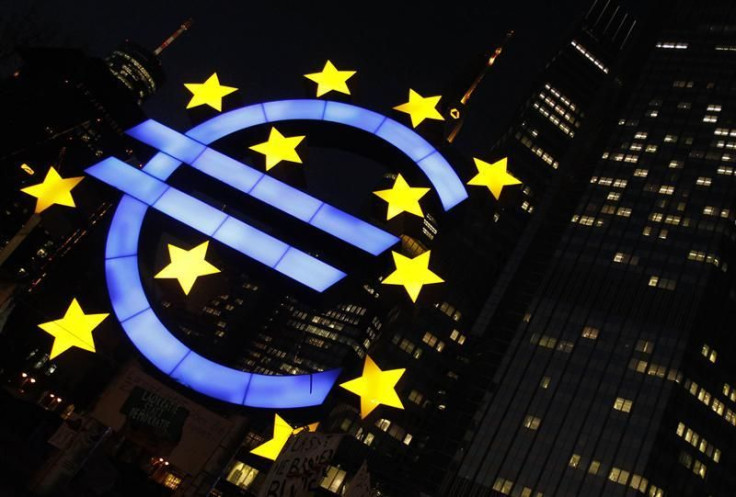Eurozone Agrees To Increase Rescue Funds To $930 Billion

Eurozone finance ministers agreed at a meeting in Copenhagen on Friday to increase the bailout lending limit to 700 billion euros ($930 billion), a move aimed at reassuring financial markets wary of a Eurozone default and dampening the crippling debt crisis of the past few years.
It was decided to temporarily lift the combined ceiling of the two rescue funds, the European Stability Mechanism (ESM) and European Financial Stability Facility (EFSF) from the current level of 500 billion euros ($670 billion).
The ESM, which is the permanent rescue fund, will come into operation in July 2012 with a maximum lending capacity of 500 billion euros. The EFSF, which is the temporary rescue fund, will run through mid-2013 with 200 billion euros committed to the Greek, Portuguese and Irish bailouts.
The capital being paid to finance the ESM will be raised more quickly than previously considered, with the first two portions of the financing taking place in July and October 2012. This will be followed by further portions being paid during 2013 with the final part occurring in the first half of 2014.
Analysts have seen this as a step in the right direction. The renewed rise in Spanish bond yields seen over the last few weeks has re-emphasized the need for a bigger firewall in order to prevent both Spain and Italy from once more being dragged further into the crisis, says Capital Economics.
I welcome the decision of euro-area ministers to strengthen the European firewall, IMF Managing Director Christine Lagarde said. It is hoped that this step will give confidence to the G20 countries for contributing their resources to International Monetary Fund intended to overcome eurozone economic crisis. The G20 countries had earlier said that they needed more commitment from the eurozone nations in order to increase their contribution to IMF resources.
At the same time doubts are likely to persist if the firewall is big enough to deal with major problems in Italy and Spain, particularly if they occur at the same time, says IHS, a global macro-economy information provider. So the European Central Bank may yet be called upon to take further action if Eurozone sovereign debt tensions flare up substantially again.
© Copyright IBTimes 2024. All rights reserved.





















